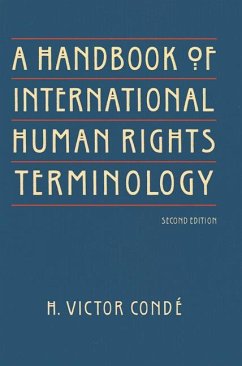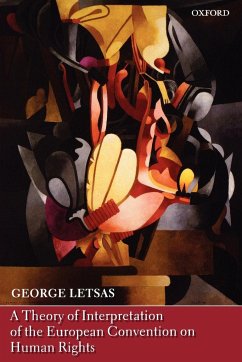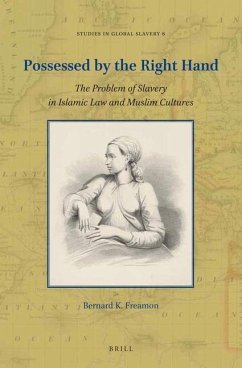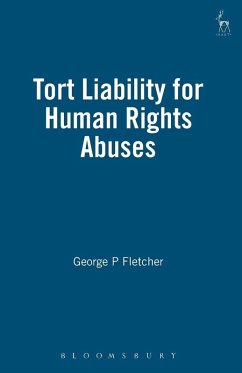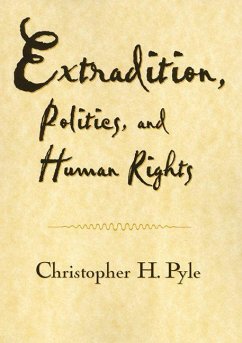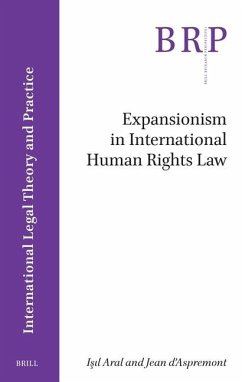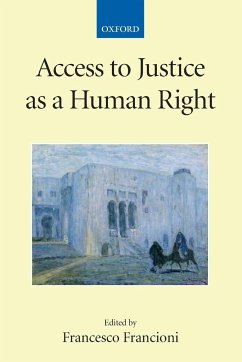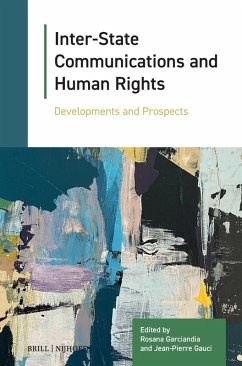Nicht lieferbar
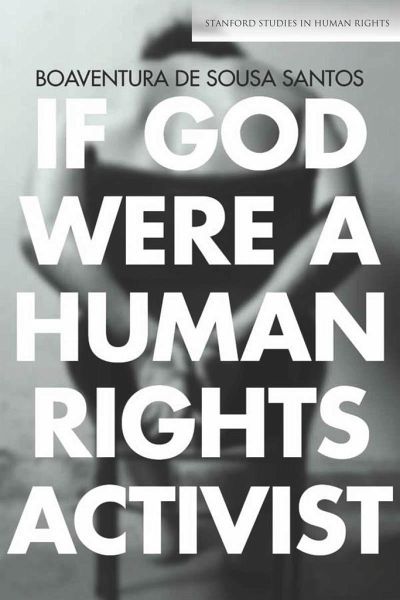
Boaventura De Sousa Santos
Broschiertes Buch
If God Were a Human Rights Activist
Versandkostenfrei!
Nicht lieferbar




Human rights must be profoundly reconstructed, if not reinvented, if they are to confront successfully the challenges posed by the rise of political theologies and their rival conceptions of human dignity.
Boaventura de Sousa Santos is Emeritus Professor of Sociology at the School of Economics, University of Coimbra (Portugal), Distinguished Legal Scholar at the University of Wisconsin-Madison Law School. He has published widely on globalization, sociology of law and the state, epistemology, democracy, and human rights in Portuguese, Spanish, English, Italian, French, German, and Chinese.
Produktdetails
- Verlag: Stanford University Press
- Seitenzahl: 152
- Erscheinungstermin: 29. April 2015
- Englisch
- Abmessung: 228mm x 151mm x 15mm
- Gewicht: 244g
- ISBN-13: 9780804795005
- ISBN-10: 0804795002
- Artikelnr.: 41748742
Herstellerkennzeichnung
Libri GmbH
Europaallee 1
36244 Bad Hersfeld
gpsr@libri.de
Für dieses Produkt wurde noch keine Bewertung abgegeben. Wir würden uns sehr freuen, wenn du die erste Bewertung schreibst!
Eine Bewertung schreiben
Eine Bewertung schreiben
Andere Kunden interessierten sich für



